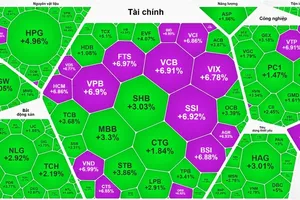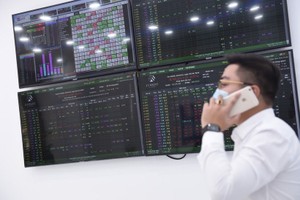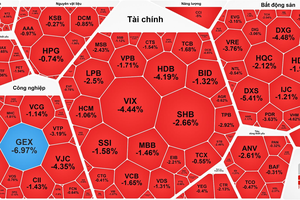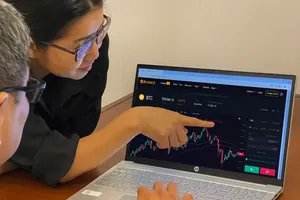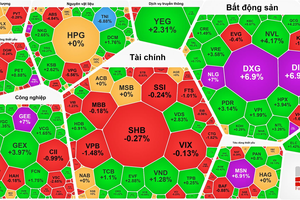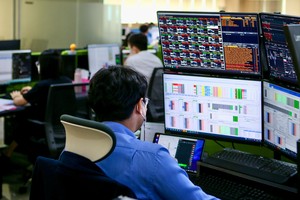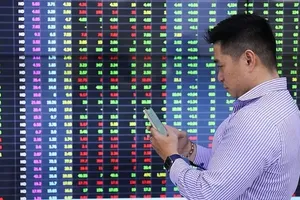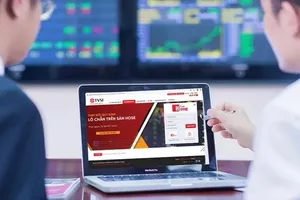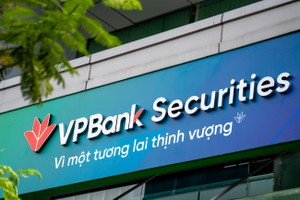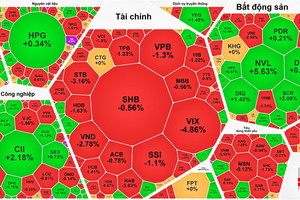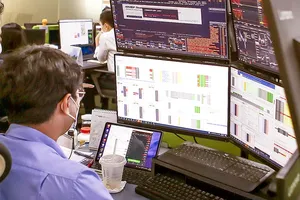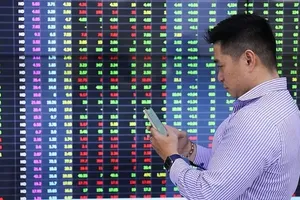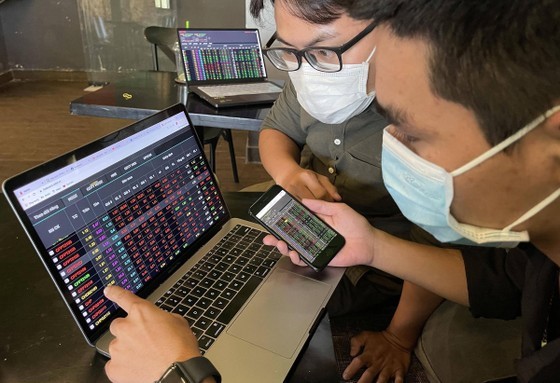 |
Investors are closely monitoring the stock market (Photo: SGGP) |
Upgrading the national stock market is one serious aim of the Vietnamese Government so that the country can welcome more foreign capital. The World Bank estimates that about US$10 billion of indirect capital will enter Vietnam when this upgrade is successfully carried out.
Sadly, this market is still on the list of the Frontier Market as it cannot meet two out of nine upgrading criteria, nor can it satisfy payment requirements according to international practices. The two limits are a request for foreign investors to have prefunding before a transaction and the proportion of maximum foreign room.
Dr. Can Van Luc from the National Financial and Monetary Policy Advisory Council expressed his concern over the fact that Vietnam might be erased from FTSE Russell’s upgrade consideration list after staying there for 5 years unless there are solutions to improve the stock market.
What is more, this effort for ranking upgrade relates to the establishment of two international financial centers in the cities of Ho Chi Minh and Da Nang. Necessary measures should be adopted next year to be in time for the country to increase its ranking by 2025 like the set goal.
In a recent conference about this matter, Chairman Pham Hong Son of the State Securities Commission (SSC) of Vietnam has admitted that the largest obstacle for this process is the requirement for foreign investors to have prefunding before a trade. The practice of settlement occurring two business days after the day the order executes (T+2) with a small deposit sum on the T+0 day is popular in the world. Yet it may be risky for the Vietnamese stock market.
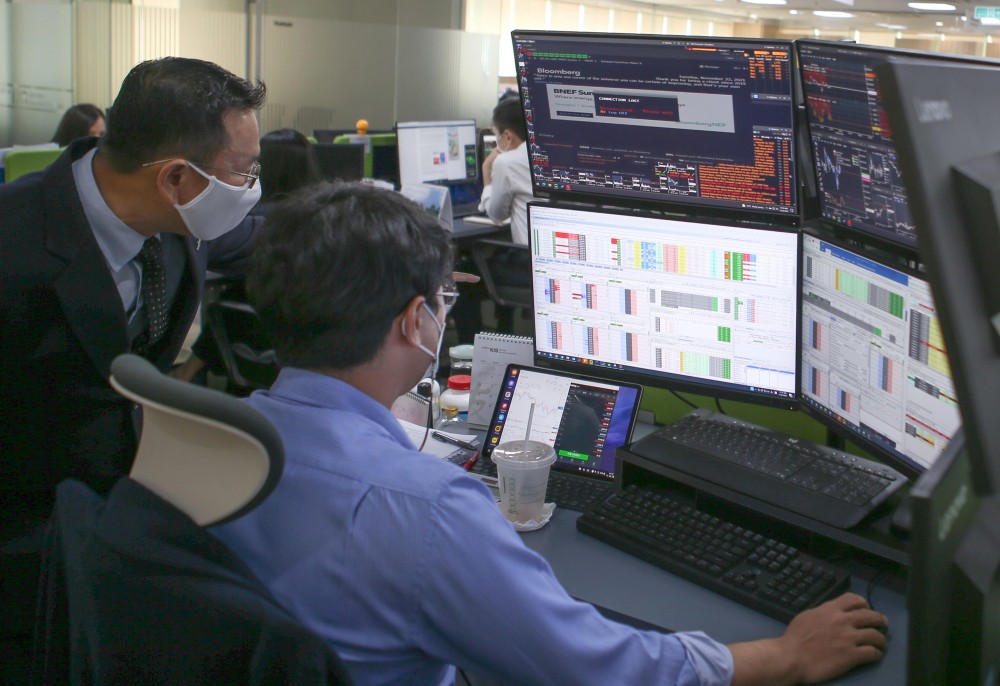 |
Investors are closely monitoring the stock market (Photo: SGGP) |
As to the foreign room issue, it is challenging to screen the process since there are now business operation permits of so many industries, each of which has its own regulation on the proportion of foreign room.
Founder of FIDT Investment Consulting and Asset Management Co. Huynh Minh Tuan commented that Circular No.120/2020 by the Finance Ministry stipulates that a buying or selling order from a foreign investor can only be done after 100 percent of the needed money or securities is deposited. In reality, the securities and money of a transaction after order matching immediately become the asset to secure the transaction.
The request to deposit 100 percent of the money when placing a transaction order is a serious hindrance to the efficiency in capital use of foreign investors as well as a limit to market liquidity because most stock markets in the world do not impose this requirement as long as there is a positive balance of money or securities at the T+2 time or an application of other risk management tools.
Experts in the field also believe that Vietnam should focus more on address payment-related issues, especially eliminating the regulation that foreign investors must have money available at the order placing time. Instead, they advise a better request of having money at the time to receive stocks (T+2) like international practices applied in developed markets.
Director Ta Thanh Binh of the Department of Securities Market Development shared that the Finance Ministry has directed a synchronous launch of various measures to upgrade the national stock market. SSC also introduced technical and legal solutions to implement.
As to the matter of prefunding before a transaction, Vietnam is considering feasible measures to both tackle current problems for ranking upgrade and ensure safety factors, particularly payment safety.
